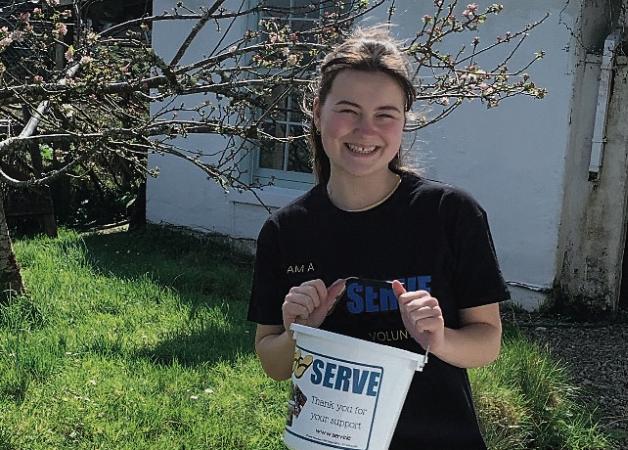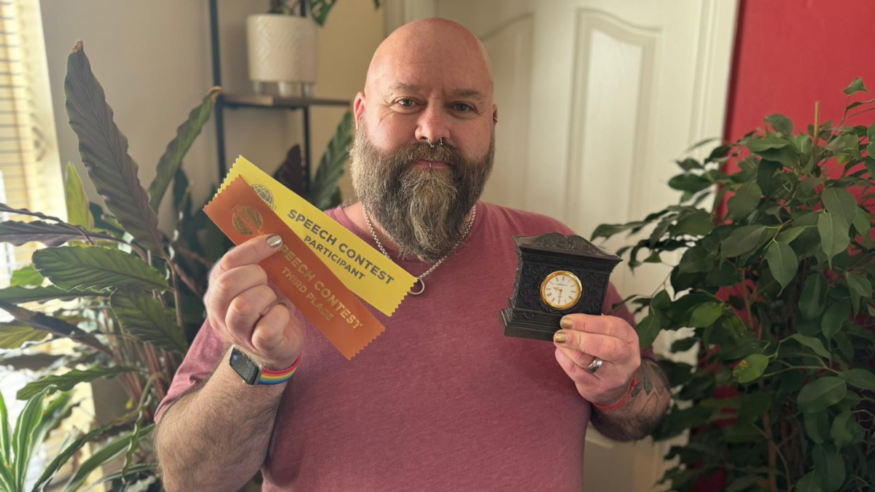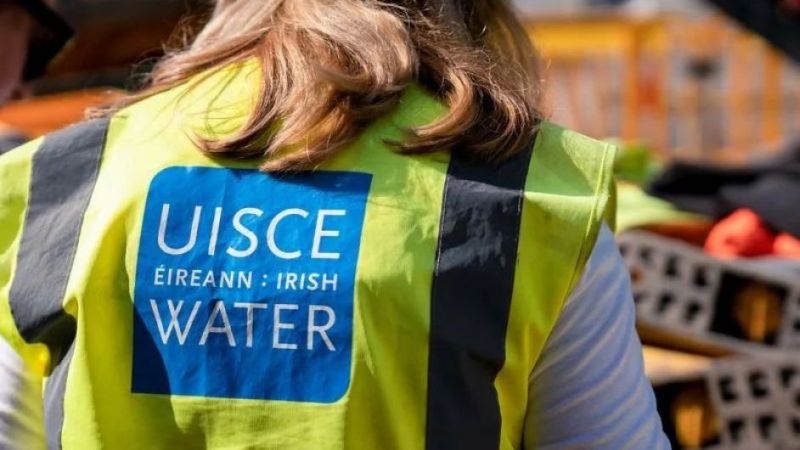-
-
Author: Francis Farragher
~ 5 minutes read
Uisce Éireann needs to urgently clarify the cause of the water pollution issue in Inishbofin and put a workable solution in place as a matter of urgency, according to West Galway Fianna Fail TD, Éamon Ó Cuív.
Since Thursday, September 14, close on 160 homes and businesses on Inishbofin have been issued with ‘a do not consume notice’ as regards the public water supply on the island.
Uisce Éireann, the former Irish Water, have stressed that this is not a ‘boil notice’ as the pollution problem is due to high levels of manganese in the supply – boiling does not reduce the level of this pollutant.
Deputy Ó Cuív told the Connacht Tribune that far more clarity and detail was needed from Uisce Éireann on what the cause of the pollution problem was and what steps were in train to put a permanent solution in place.
“For the second autumn in a row, the island community in Inishbofin has been forced to rely on a supply of tankered water for their everyday needs.
“This is simply not good enough in 2023 and an awful inconvenience for islanders. All citizens of our country – regardless of where they live – have a right to clean, potable water. Uisce Éireann need to resolve this issue as a matter of urgency,” said Deputy Ó Cuív.
An estimated 156 customers of Uisce Éireann on Inishbofin endured a close-on three months ‘do not consume’ restriction in the autumn of 2022, through the latter half of September, October, November and most of December.
Initially, Uisce Éireann attributed the cause of the manganese pollution to the extremely low water levels on the island lake of Lough Fawna following a prolonged period of dry weather in the latter half of the summer.
“Last year, there were indications from Uisce Éireann that the manganese problem was caused by the long dry spell in the summer, but after record rainfall in July gone by, this cannot be the cause of the pollution this year,” said Deputy Ó Cuív.
According to the HSE website, manganese is a naturally occurring silver grey metal found in soil, rocks and water. If found in high levels of drinking water [above 120 micrograms per litre] it can have a harmful effect on the nervous system and brain development.
The European Drinking Water Regulations, 2014, the HSE state, have set a limit of 50 microgrames of manganese per litre – above that level, the pollutant can darken the colour of the water, impact on the taste, as well as staining laundry and plumbing fixtures,
The HSE also point out that some population groups are more vulnerable to the effects of excessive manganese levels including babies in the womb, infants and young children.
A disease called manganism – with similarities to Parkinson’s disease – has also been reported in metal workers and smelters who were exposed to high levels of inhaled manganese at work, according to the HSE.
On Thursday last, Uisce Éireann – after consultation with the HSE – issued the ‘do not consume notice’ for all users of the public water supply on Inishbofin, stressing that it was ‘especially important’ that mains drinking water ‘is not given to bottle fed infants’.
“Please note that this is not a Boil Water Notice. Boiling the water will not reduce manganese levels and is therefore not a suitable measure to make the water safe to consume.
“Uisce Éireann drinking water compliance and operational experts are working with colleagues in Galway County Council to resolve this situation as soon as possible,” the water authority said in a statement.
Customers on Inishbofin have also been told that they can contact the Uisce Éireann customer service team on 1800-278-278.
While the ‘do not consume’ notice remains in place, the public water supply should only be used for personal hygiene, bathing, flushing toilets, laundry and the washing of utensils.
Under no circumstances, should the water be used for drinking, the making of ice, washing teeth or in food preparation, Uisce Éireann state.
Bulk water tankers have been located at the old pier on Inishbofin with consumers told to bring their own containers – and this water should always be boiled as a precautionary measure.
According to water treatment researchers, a number of processes can be used to remove manganese from water supplies, including air injection oxidation filtration; a cation exchange water softener; reverse osmosis (a membrane that traps the manganese); and distillation.
In a reply to a query from the Connacht Tribune this week, Uisce Éireann said that ‘the long-term treatment solution’ for the supply at Inishbofin had progressed through the design stage with every effort being made to expedite its delivery on site.
They also said that any non-domestic customer impacted upon by the Water Quality Notice would receive a tariff discount for the period impacted by the Water Quality Notice.
“In this case, business customers will receive a 40% rebate on the cost of the supply of water to their businesses for the duration of the notice, and this will automatically be applied to their bills,” said Uisce Éireann.
For more, read this week’s Connacht Tribune:
Connacht Tribune Digital Edition App
Download the Connacht Tribune Digital Edition App to access to Galway’s best-selling newspaper. Click HERE to download it for iPhone and iPad from Apple’s App Store, or HERE to get the Android Version from Google Play.
Or purchase the Digital Edition for PC, Mac or Laptop from Pagesuite HERE.
Get the Connacht Tribune Live app
The Connacht Tribune Live app is the home of everything that is happening in Galway City and county. It’s completely FREE and features all the latest news, sport and information on what’s on in your area. Click HERE to download it for iPhone and iPad from Apple’s App Store, or HERE to get the Android Version from Google Play.
More like this:

Galway Student named as finalist in National Legal Essay Competition
A Student from High Cross College Tuam made it to the final of the National Grainne O’Neill...

Public urged to support climber who is in Galway this weekend in an attempt to climb every mountain in Ireland
The people of Galway are urged to come out and lend their support to a man who has set an ambitio...

Cathaoirleach of Ballinasloe Municipal District Council concerned about the lack of applications for the filling of the position of GP in the Williamstown area.
The Cathaoirleach of Ballinasloe Municipal District Council Declan Geraghty has spoken of his con...

SVP conference marks 180 years of service to the most vulnerable in Irish society
Members from the Society of St Vincent de Paul in Galway were well represented alongside over 1,0...

Galway third-level student heads to work with Philippines’ Badjao community
A Clifden woman is all set to depart for Philippines on a four-week ethical volunteer programme w...

Parishioners come together to mark 90th birthday of veteran priest
By Linda Walsh The parishes of Milltown and Kilconly came together to celebrate Canon John D. ...

Galway Toastmaster places third in evaluation contest
Rob Partridge from the East Galway Speakers and Galway Toastmasters has finished third in the Div...

Traffic restrictions in place for tomorrow’s Connacht Final
Galway Gardai are reminding motorists that the Connacht football final is scheduled for tomorrow ...

Irish Sea Kayaking Association event holds fundraising event in Connemara this weekend for Irish Motor Neurone Disease
A major event is taking place in Connemara this weekend as the Irish Sea Kayaking Association is ...
Sign Up To get Weekly Sports UPDATES




